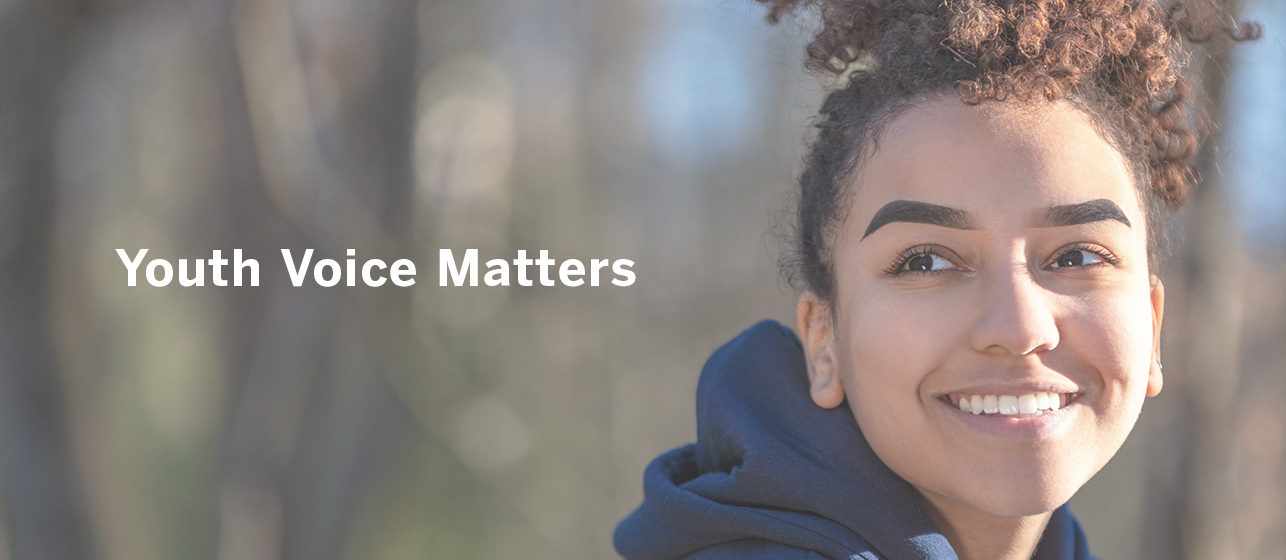TXICFW’s Barbara Ball, Monica Faulkner, and Tymothy Belseth, in addition to Child Welfare PhD Fellow Lalaine Sevillano, recently published a new study in the Children and Youth Services Review. In this publication, our researchers wanted to explore the types of experiences that help youth in care develop lasting and nurturing relationships with the adults in their lives. You can read the full article here. If you’re pressed for time but would like to learn more about this publication’s findings, read on for a brief synopsis.
What’s the problem?
Over 80% of older children who enter into foster care after the age of 12 end up emancipating from care without achieving legal permanency, in addition to having higher rates of home life instability after adoption or guardianship compared to younger children. Youth in foster care have often expressed that relational permanency* (or the feelings associated with authentic emotional connection, love, comfort, and security) is more important to them than legal permanency (the court’s decision to make an adult a legal guardian for a youth). However, recognizing the importance of supportive relationships with adults is different than having the skills necessary to build and nurture these relationships with adults, especially for a young person who has experienced trauma and loss.
What makes this study different?
Up until recently, there has been a gap in understanding what types of experiences in “temporary” relationships (i.e., with foster families, caregivers, and child welfare professionals) can help youth in foster care to develop the skills and trust needed to develop and sustain lasting, supportive, and emotionally connected relationships in their lives.
How was this studied?
Researchers interviewed thirty young adults (with the average age being 25) who had either emancipated from foster care or had been adopted. All participants were asked open ended questions about their experiences and relationships growing up in foster care, including details about challenges faced and support received.
…and then what happened?
Three key themes emerged to help illustrate the quality of their overall experiences: sense of agency, perceived quality of support, and emotional connection.
Participants who described relationships that felt disempowering and transactional struggled to feel a sense of control in their lives, believed that support was not offered from a dependable or genuine place, and were afraid of being hurt emotionally. All of these experiences contributed to disconnecting from relationships in adulthood. Several participants reported that restrictive placements denied them the support necessary to develop their own sense of agency and identity, which led them to rebel by running away or engaging in other risky behaviors. It wasn’t until they could step outside of an adversarial power dynamic with the child welfare system that they were able to find the self-motivation to change and move forward in their lives.
Oppositely, participants who described their relationships with adults in foster care as empowering, genuine, and emotionally safe also shared that they had permanent relationships with stability, support, and meaning in adulthood. When participants felt validated and empowered to make their own decisions, they shared that it allowed them to open up and work towards healing, whether with a therapist, caregiver, or caseworker. Participants who felt genuinely supported and loved “like a son or daughter” while in foster care maintained lasting relationships with former foster parents, caseworkers and advocates who became their family. Relational permanency with the important adults in their lives also extended to strong relationships with peers and romantic partners.
Although relational permanency is a complex topic without a one-size-fits-all explanation, researchers from this study found that the quality of relationships youth had with adults while growing up in foster care was far more important than their legal permanency status alone. That is, providing youth with a sense of agency, genuine support, and emotional connection are hugely important. These factors can help youth learn about forming and sustaining future supportive relationships, regardless of whether they age out of care or are adopted. Any relationship, whether it’s with a caregiver, foster parent, child welfare professional, teacher, peer, family member, or friend, has the power to make youth feel heard, validated, and empowered.
*Relational permanency refers to the concept of supportive, safe, secure, and lasting relationships between youth and their caregivers. Relational permanency acknowledges all the different networks of support that youth might have with their biological, foster, and adoptive families and other non-family relationships, like child welfare professionals, teachers, mentors, and friends. Having a sense of relational permanency is important to identity development and making youth feel accepted. Even if youth do not achieve legal permanency, youth can still find adults to provide them with a sense of belonging outside of foster care.

